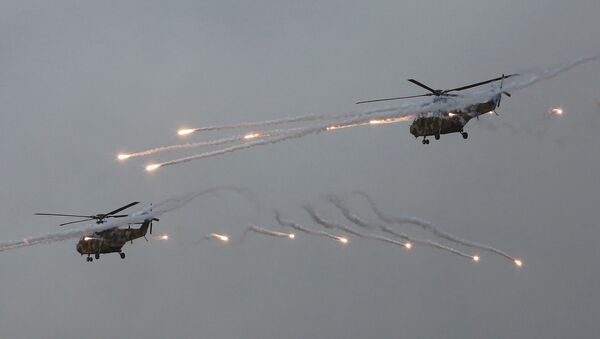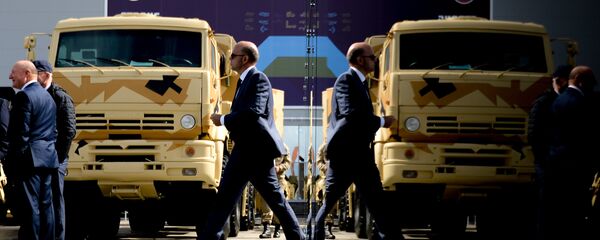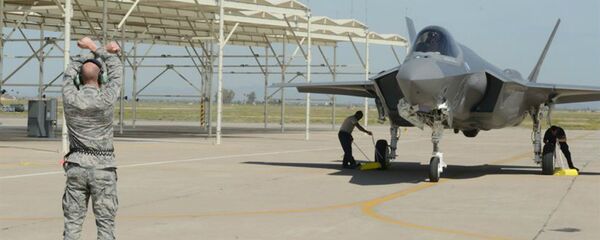According to the Stockholm International Peace Research Institute, South Korean companies' defense revenues increased 20.6 percent in 2016, good for about $8.4 billion in total sales.
"South Korean arms producers continue to dominate the emerging producer category," versus established producer category, "with seven companies ranked in the top 100 for 2016," according to the SIPRI fact sheet on the 2016 arms market published December 12.
South Korea's market share sits around 2.2 percent of the top 100 companies, "alongside other ‘established producers' such as Israel and Japan."
To nobody's surprise, SIPRI attributed the sales growth to "rising threat perceptions in South Korea," which has "accelerated the acquisition of military equipment."
South Korea is "increasingly turning to its own arms industry to supply its demand for weapons," SIPRI researcher Siemon Wezeman told the Diplomat, while "at the same time, South Korea is aiming to realize its goal of becoming a major arms exporter."
Some of South Korea's most notable defense articles include the Hyundai Rotem K2 "Black Panther" main battle tank, self-propelled 155 mm howitzer artillery units and diesel-electric attack submarines, which Germany licensed South Korea's Hyundai Heavy Industries to produce for the South Korean Navy.
In sum, total arms sales grew 1.9 percent to $347.8 billion in 2016, the first year of growth in five years, according to SIPRI.
Military service and manufacturing companies based in China were excluded from the study.




